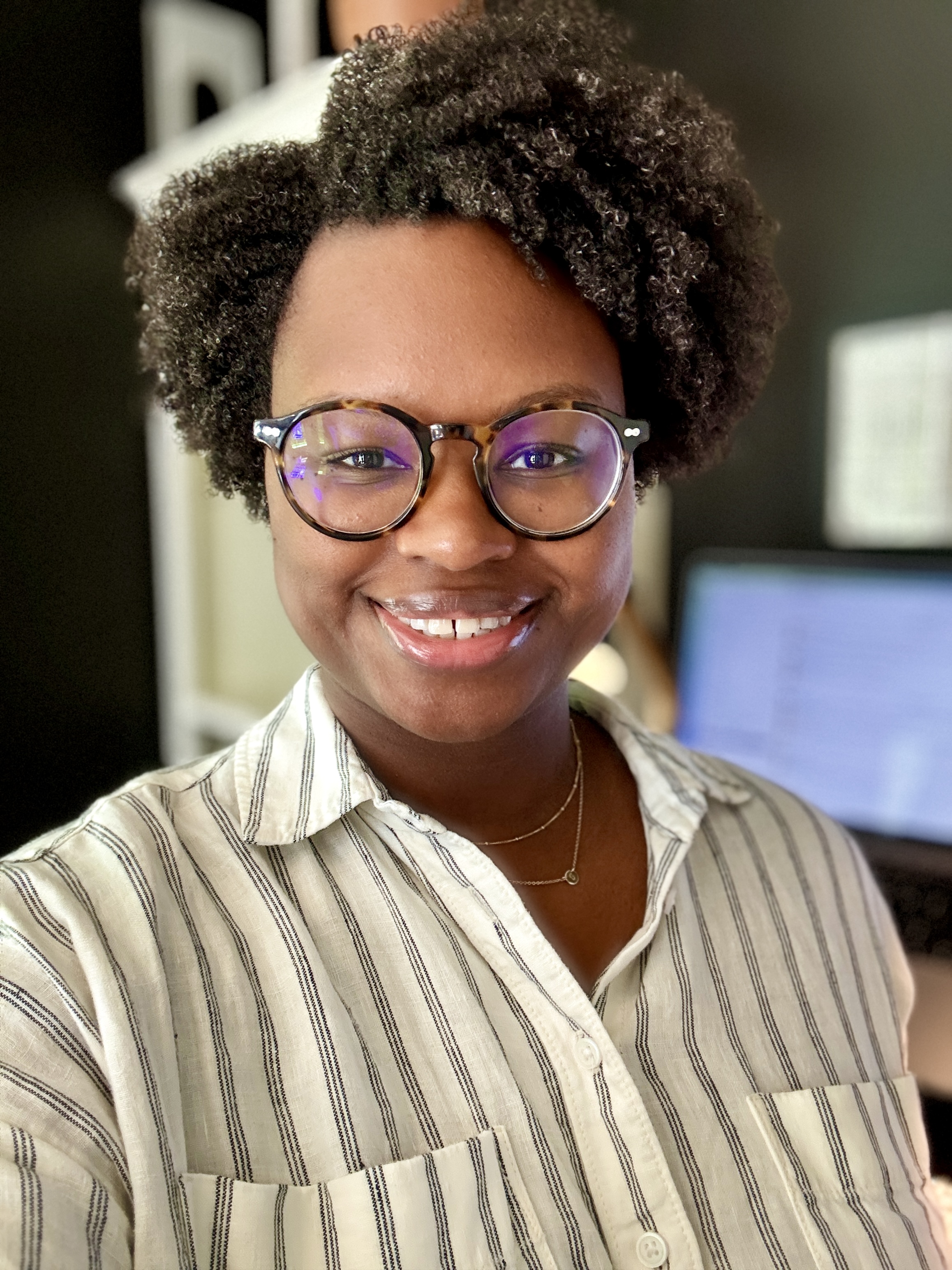Access to safe and legal abortion isn’t just about individual choice—it’s about families, health, dignity, and economic justice. When states strip away that access, the harms ripple outward, touching lives in ways many don’t immediately see.
Harms That Go Beyond the Individual
Calls for reversing abortion access are often framed as protecting “life,” but in practice, they can cost lives. In Texas, an 18‑year‑old pregnant woman died after multiple emergency room visits, when doctors hesitated to act due to restrictive laws. In another case, Amanda Zurawski was denied a medically necessary abortion after fetal anomalies were detected; she went into septic shock twice and was left with a permanently closed fallopian tube. These are not hypothetical worst-case scenarios—they are lives lost (or altered forever) because medicine, ethics, and law collided in hostile ways.
Beyond death, forced continuation of pregnancies—especially in states with limited reproductive health care—leads to higher rates of maternal complications, more unsafe abortions, and increased burdens on communities that already struggle with health inequities.
Families and Economies Pay the Price
When a person cannot choose when (or whether) to have children, it reverberates through their family’s finances. Research shows that abortion restrictions cost the U.S. economy $64 billion per year in lost productivity, lower labor force participation, stalled earnings growth, and reduced educational attainment.
Women denied care are more likely to fall into poverty. The Turnaway Study found that women forced to carry unwanted pregnancies were 4 × more likely to struggle with poverty later in life. In restrictive states, women are disproportionately pushed out of high-paying jobs or delayed in completing schooling, further widening economic and racial inequalities.
And these bans don’t just target abortion—they often erode access to contraception, reproductive health clinics, and maternal care more broadly. As providers leave hostile states, as clinics close, and as training opportunities shrink, everyone’s health suffers—even those who never intended to seek an abortion.
Why Restoration Is Non‑Negotiable
Restoring abortion rights isn’t about promoting it—it’s about preserving autonomy, safeguarding lives, and protecting equity. Even those who wouldn’t personally use the right are affected when its removal chills medical decision‑making, shrinks access to preventive care, and normalizes political intrusion over bodies.
We need federal protections that can’t be stripped away by state politics. We need policies that expand access to contraception, strengthen maternal health, and support comprehensive reproductive care—on top of restoring abortion rights.
What You Can Do
If you want to help—and I hope you do—the ideas shared on my web development business' blog are a great starting point:
“5 Ways to Help Women in the Wake of Roe v. Wade Being Overturned”
This post offers a practical guide for supporting the people in your life impacted by these restrictive laws.
- Support local and national reproductive justice organizations that provide direct care, legal support, or logistical help
- Advocate for federal protections like the Women’s Health Protection Act
- Fund or volunteer in clinic networks, patient travel funds, or contraception access programs
- Educate your community, friends, and leadership about the real impacts of restricting access
- Vote—elect leaders who recognize bodily autonomy as a fundamental right
At Our Neighborhood, we believe in standing up for what’s right, not just what’s easy. And when it comes to reproductive justice, the stakes are far too high to stay silent.


